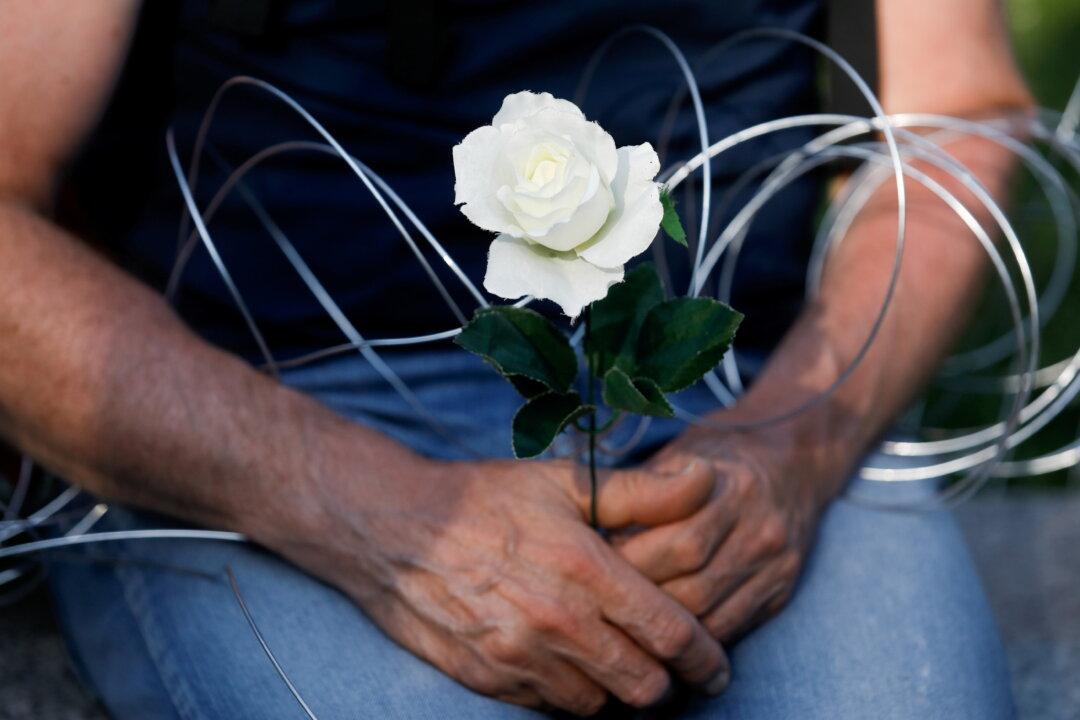BRUSSELS—The European Union will tighten visa rules for Belarusian state officials, Europe’s migration commissioner said on Wednesday, in retaliation for what she called Minsk’s aggressive effort to destabilize the bloc by pushing in illegal immigrants.
The EU accuses President Alexander Lukashenko of orchestrating a sharp rise in illegal immigration arrivals across the Belarus border with bloc members Poland, Lithuania, and Latvia. The increase happened after the 27-nation union slapped sanctions on Minsk over human rights abuses and an election widely deemed rigged.





